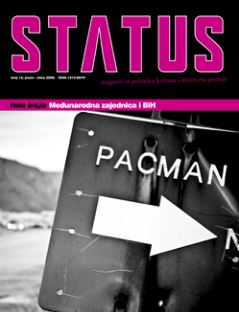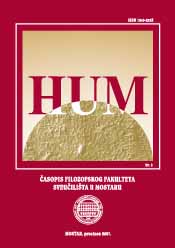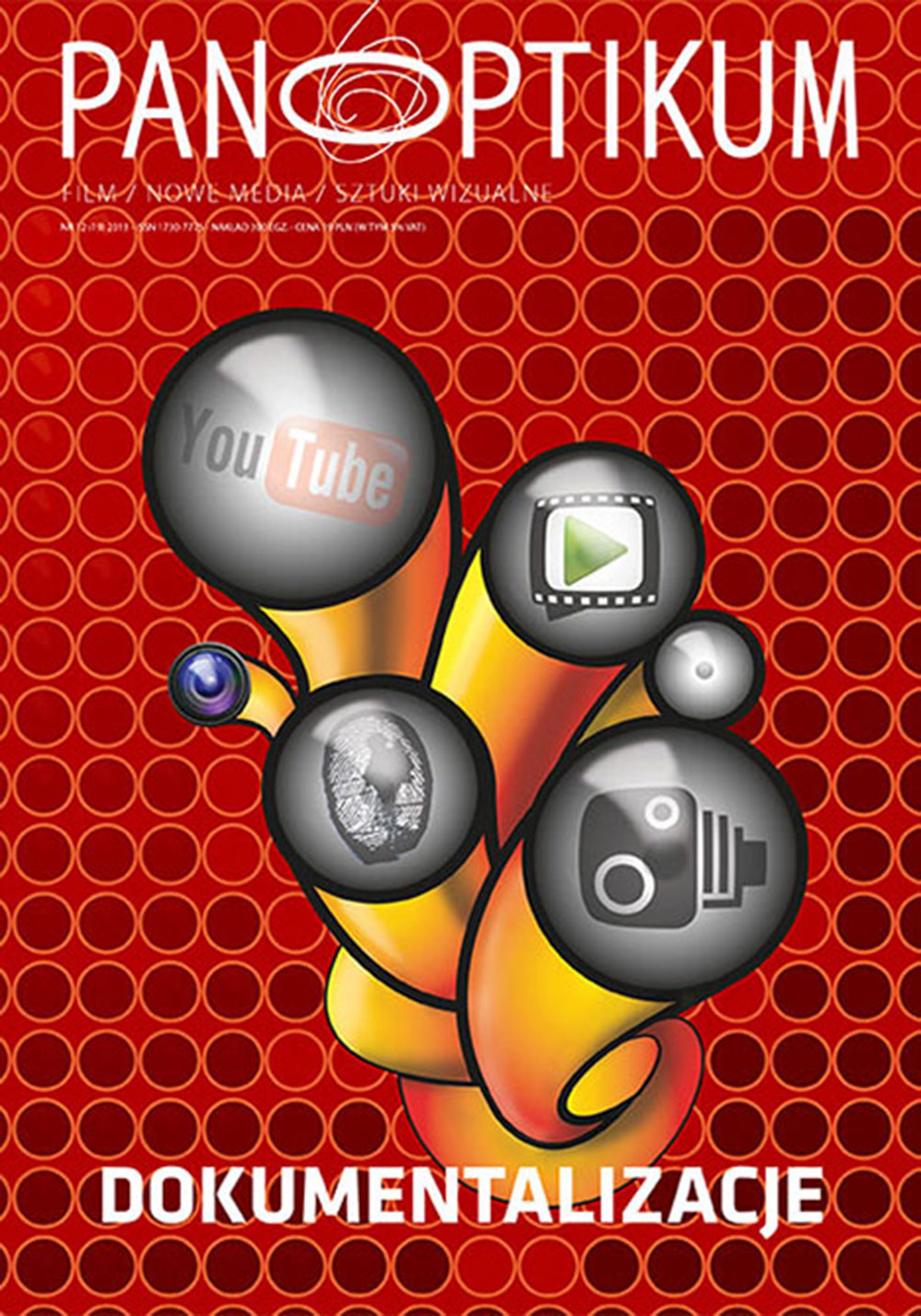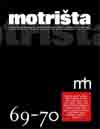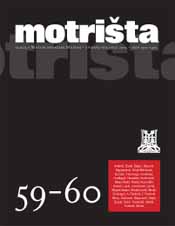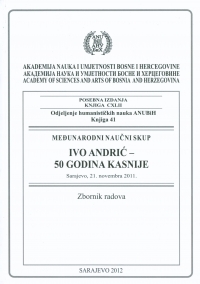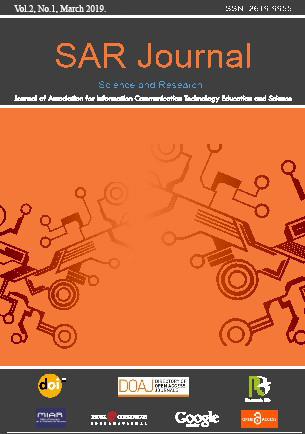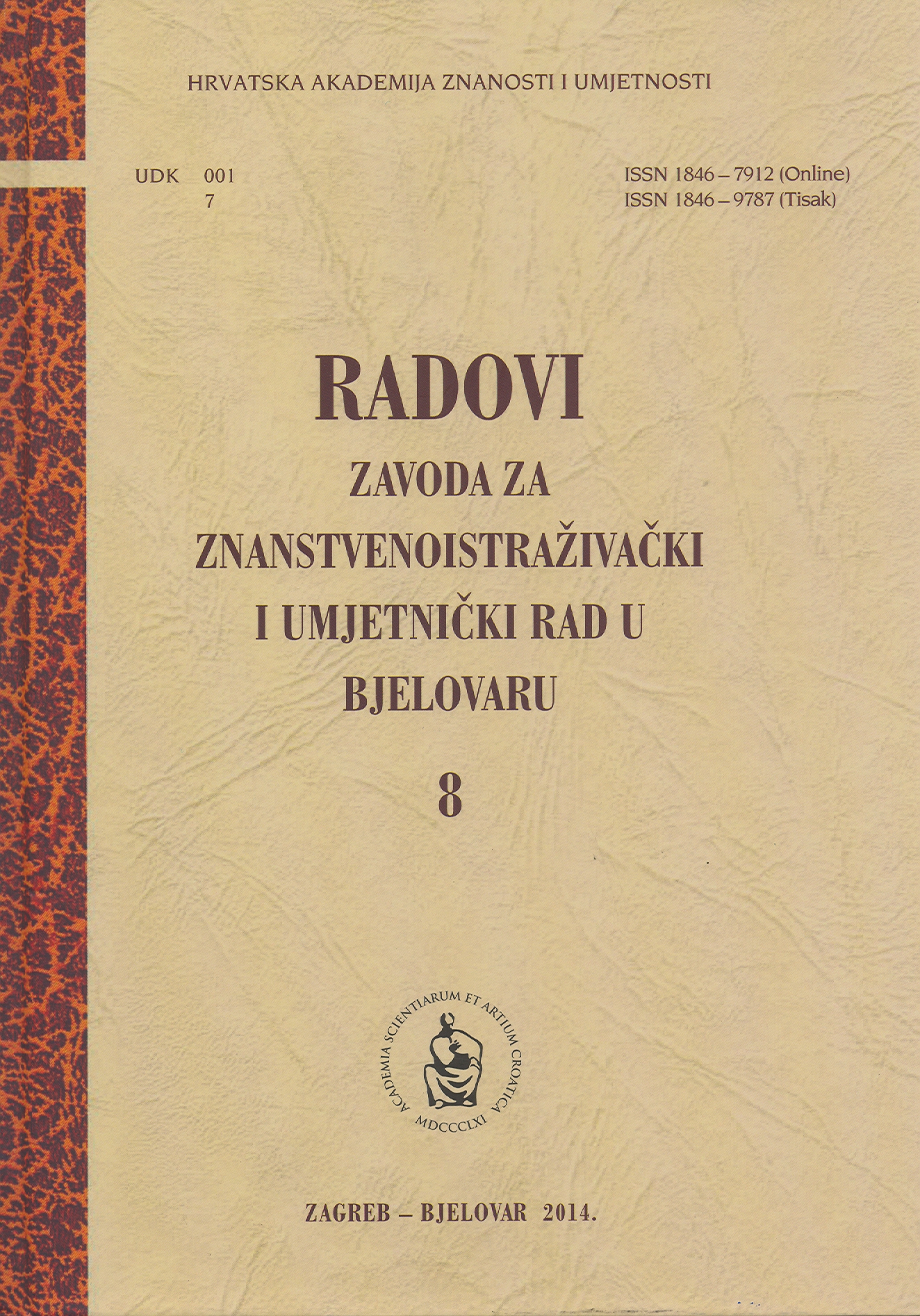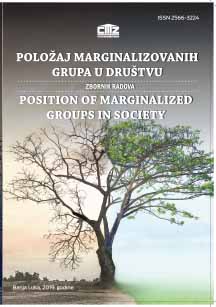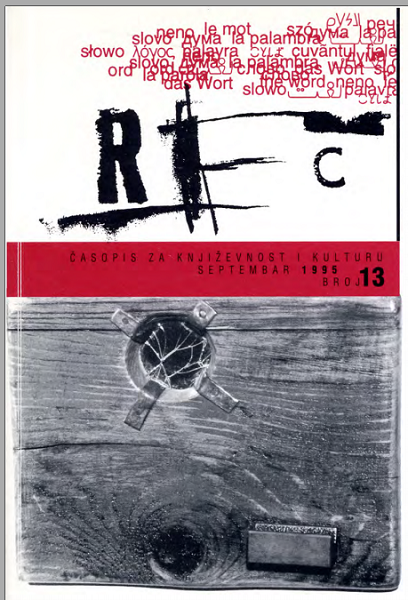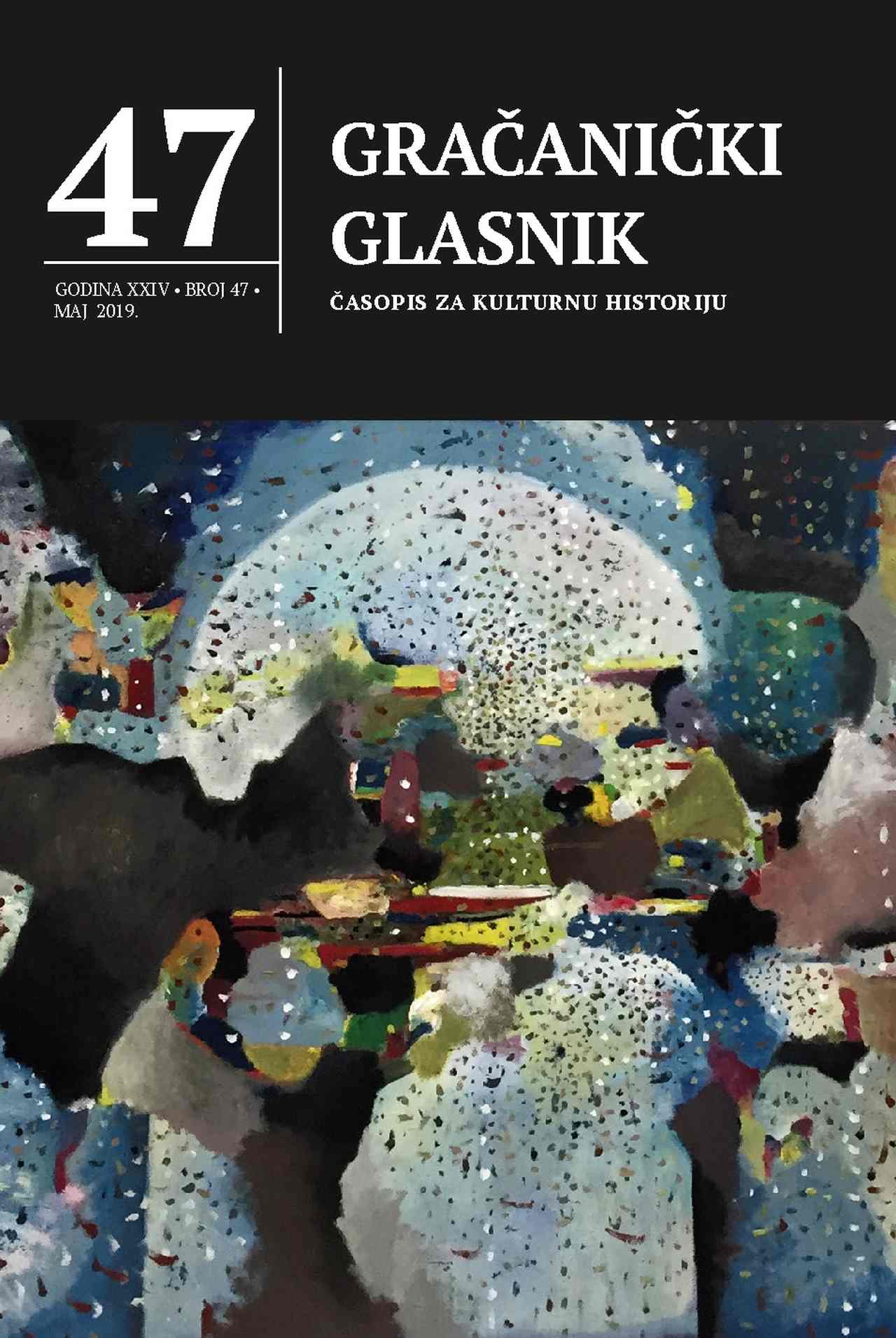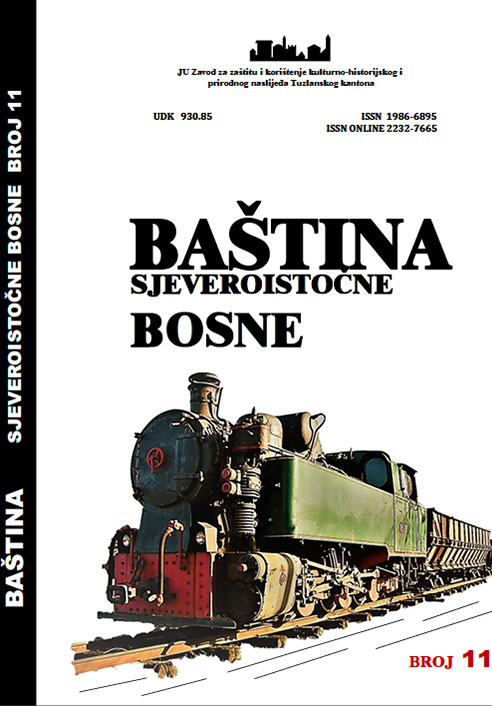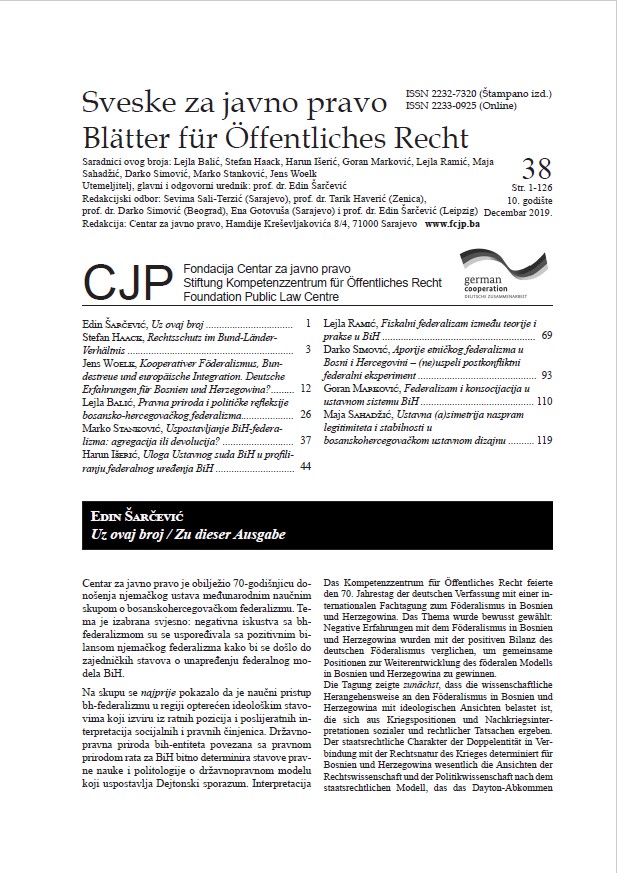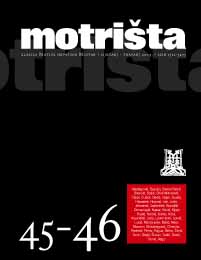
Paradigm of Eternal Topic in the Complexity of Ivan Kordić or Analytically on the Poem On Love, Once Again
Paradigma vječne teme u kompleksi Ivana Kordića ili analitički o pjesmi O ljubavi, još jednom
Keywords: ljubav; Ivan Kordić; sanjarije; stvarnost; iskustvo; riječ; jezik; svijet; vjera; kompleksnost...
Interesna pitanja su u krugu ljubavne teme u čiju slojevitost autor unosi iskustveno ozračje, približava se stvarnom, gotovo dokumentarnom, ali ne napušta ideju vodilju koja mu pomaže da zamisao provede do kraja, da je misaono uobliči u ozračju čiste, nematerijalne ljubavi. Romantičarski duh je izazov i kulisa trenutka, dok bi se dokumentarnom pripisalo dešifriranje stvarnosti koja je tu, u okružju trenutka. Potreba i zov za vječnim približava se vjeri, dok metonimija čini zrcalnu sliku odnosa u vezi životinja i čovjeka, tražeći u toj vezi smisao karaktera. Kontrapunktovi pojačavaju doživljajne slike čineći umjetnički dojam bliskijim čitatelju.
More...
